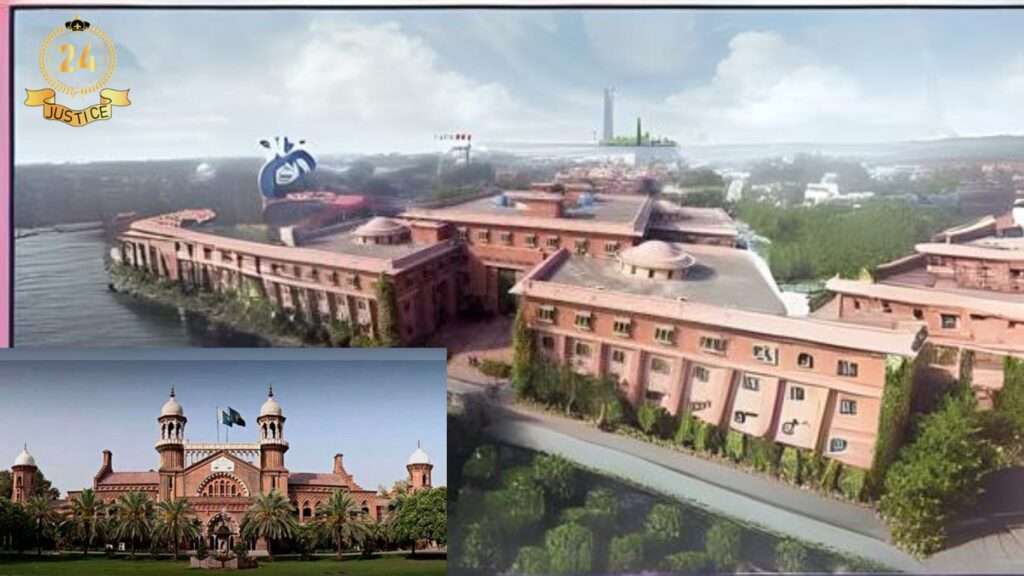From Recommended to Re-advertised: Why Following University Appointment Rules Matters
University appointments are a crucial part of ensuring quality education. But behind the scenes of prestigious faculty positions lies a complex web of procedures. A recent judgment by the Lahore High Court (LHC) throws light on this very issue, highlighting the importance of following established protocols in university appointment.
This article delves into the case of Dr. Rehana Kausar, unpacking the legal intricacies and underlining the significance of proper procedures for both universities and aspiring faculty members.
Case History
The story begins with Dr. Kausar applying for a Professor of Urdu position at the Lahore College for Women University (LCWU). After an initial round of selections where neither she nor another candidate were deemed suitable, the positions were re-advertised. This time, both Dr. Kausar and the other applicant qualified. Here’s where the process gets interesting.
A Selection Board, specifically designed for such evaluations, recommended Dr. Kausar for the post. The University Syndicate, the governing body, then approved this recommendation. However, a technicality emerged, putting the appointment on hold. In the meantime, Dr. Kausar’s competitor filed legal challenges, creating further delays.
Finally, after navigating these hurdles, the University Syndicate once again gave its approval for Dr. Kausar’s appointment. But the plot thickens. The Chancellor, the head of the University, surprisingly ordered the positions to be re-advertised, essentially going back on the previous approvals.
Seeking Justice in the Courtroom
Unwilling to accept this turn of events, Dr. Kausar decided to fight for her rightful position. She challenged the Chancellor’s order in the LHC, arguing that the University had no authority to revisit her selection after it had already been approved by both the Selection Board and the Syndicate.
HC Upholds Procedural Fairness
The LHC, in a landmark judgment, sided with Dr. Kausar. The Court meticulously examined the university’s statutes, the governing rules that outline selection procedures. The judgment highlighted that the University had not followed these established protocols.
The Court emphasized that the Selection Board’s recommendation, followed by the Syndicate’s approval, should have been the final step. By arbitrarily revisiting the decision, the University had deviated from the legal framework.
A Win-Win for All
The LHC’s judgment serves as a powerful reminder for universities across the country. Here’s why adhering to proper procedures matters:
- Fairness and Transparency Established procedures create a level playing field for all candidates. Clear guidelines eliminate ambiguity and potential bias, ensuring a fair and transparent selection process.
- Protects of Rights Following procedures protects both universities and candidates. Universities are shielded from accusations of unfairness, while candidates are guaranteed a selection process that adheres to legal and institutional frameworks.
- Institutional Credibility Universities hold a position of trust in society. Adherence to proper procedures upholds their reputation and fosters confidence in their academic decisions.
- Legal Battles Following established protocols streamlines the selection process, minimizing unnecessary delays and the possibility of costly legal disputes like the one Dr. Kausar faced.
Beyond Dr. Kausar’s Case: A Call for Reform
The LHC judgment serves as a springboard for a larger conversation about university appointment procedures in Pakistan. Here are some additional points to consider:
- Streamlining Procedures Universities should periodically review and update their selection processes to ensure clarity, efficiency, and adherence to legal requirements.
- Capacity Building Training staff and committees involved in the selection process can ensure proper interpretation and implementation of established procedures.
- Effective Communication Clear communication with all applicants, from the initial stages of advertisement to the final decision, fosters trust and transparency.
A Roadmap for a Fairer Future
The case of Dr. Kausar is a cautionary tale but also a beacon of hope. By adhering to established procedures, universities can create a more just and efficient system for appointing faculty. This fosters a positive environment for both the institutions themselves and the aspiring academics who contribute to the educational landscape of Pakistan.
Contact Us
This case also underscores the significance of legal recourse in ensuring fair processes and upholding the rights of individuals. As universities strive for excellence, following proper procedures remains a key ingredient for a thriving academic ecosystem.
Our panel of skilled Lawyers in Pakistan specializes in education cases in Pakistan and offers personalized advice and robust legal solutions. The PDF for the Full citation is below for reference.
- AI Legal Site: For general information, visit 24Justice.com – Pakistan’s First Legal AI Site.
- Personalized Assistance: For more specific queries or legal representation, reach out to us:
- Call: 0092 308 5510031
- WhatsApp: 0092 308 5510031
- Contact Form: Prefer writing? Fill out our contact form below, and we’ll respond promptly.



